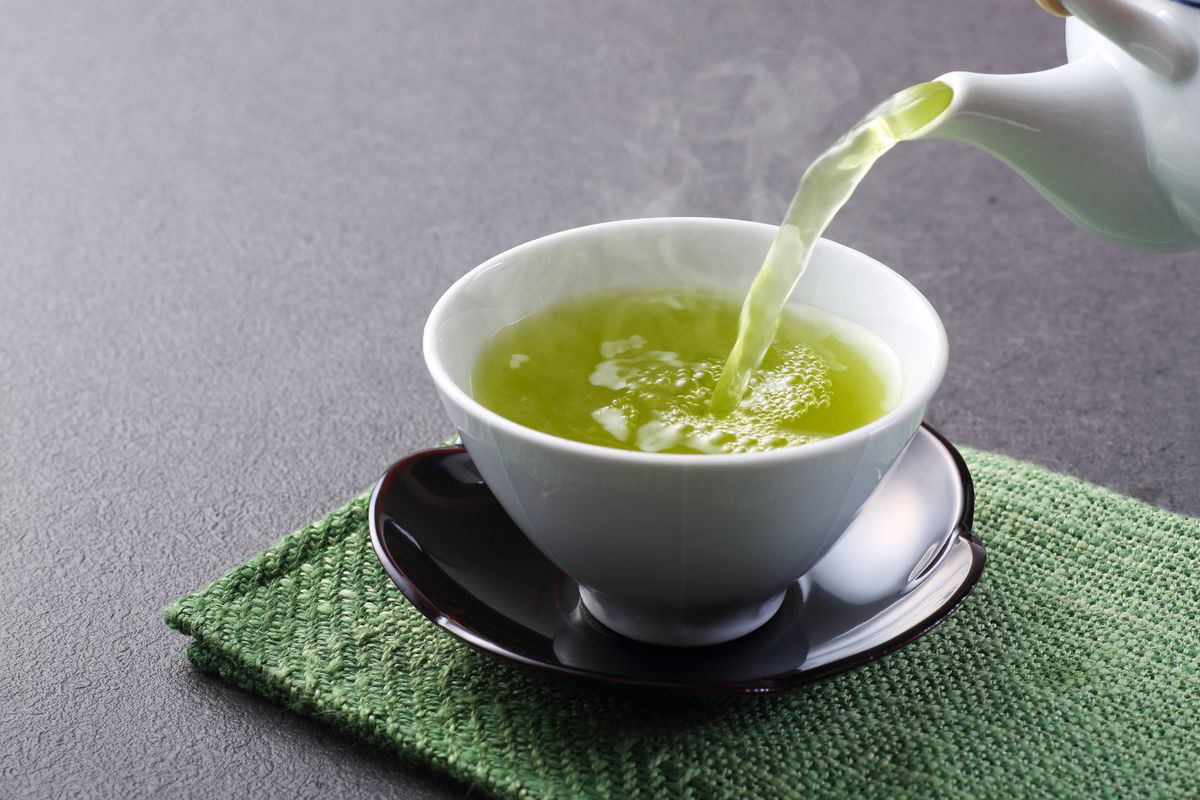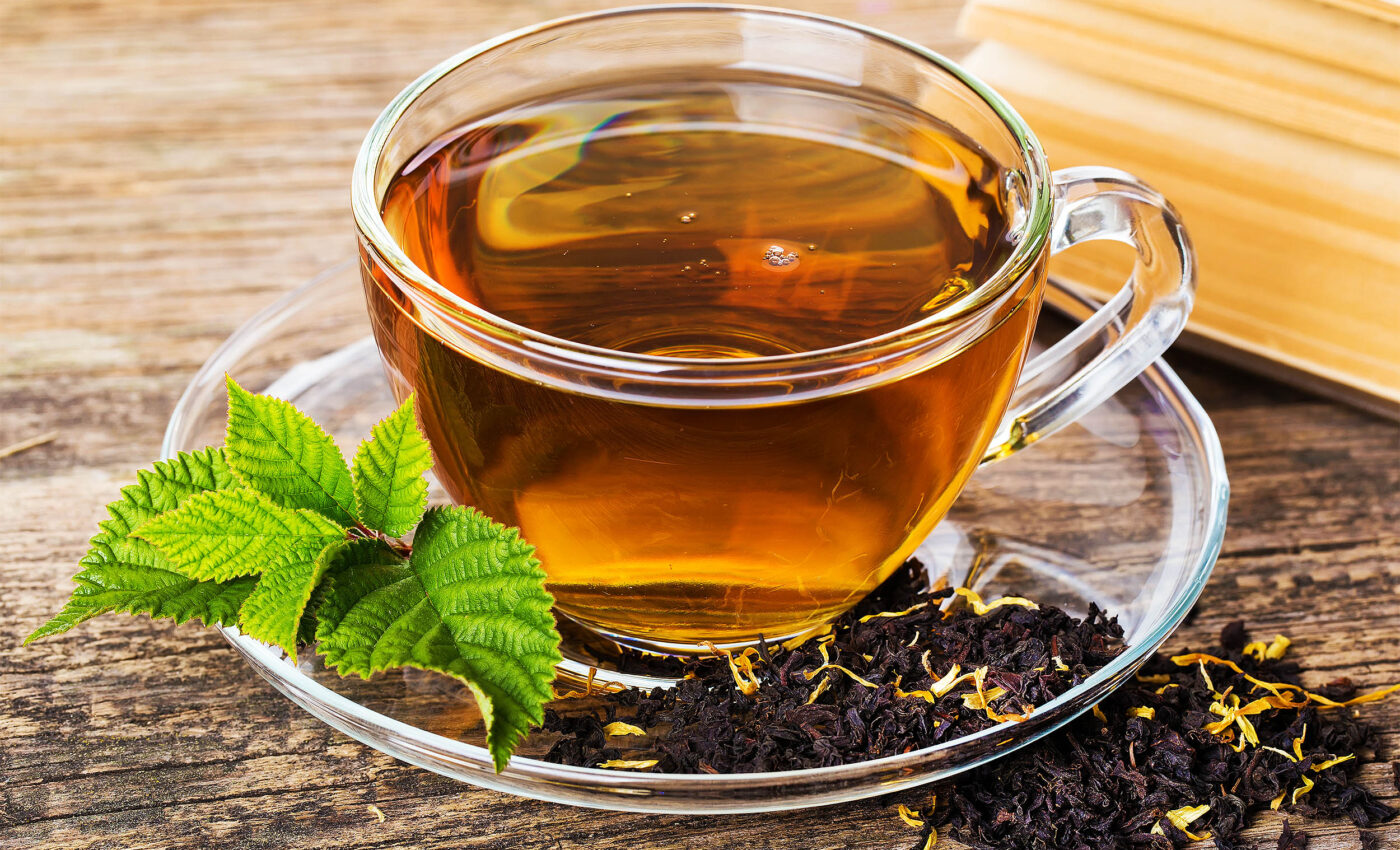Core Benefits of Quality Green Tea

Rich in Antioxidants
Green tea contains catechins, natural antioxidants that may help protect cells from damage caused by free radicals.

Natural Energy Boost
The combination of caffeine and L-theanine provides a stable, gentle energy lift without the harsh crash of coffee.

Supports Mental Focus
Caffeine and L-theanine in green tea may promote alertness and concentration, supporting cognitive function.

Promotes Hydration
As a low-calorie beverage, green tea is a refreshing way to stay hydrated throughout the day.
